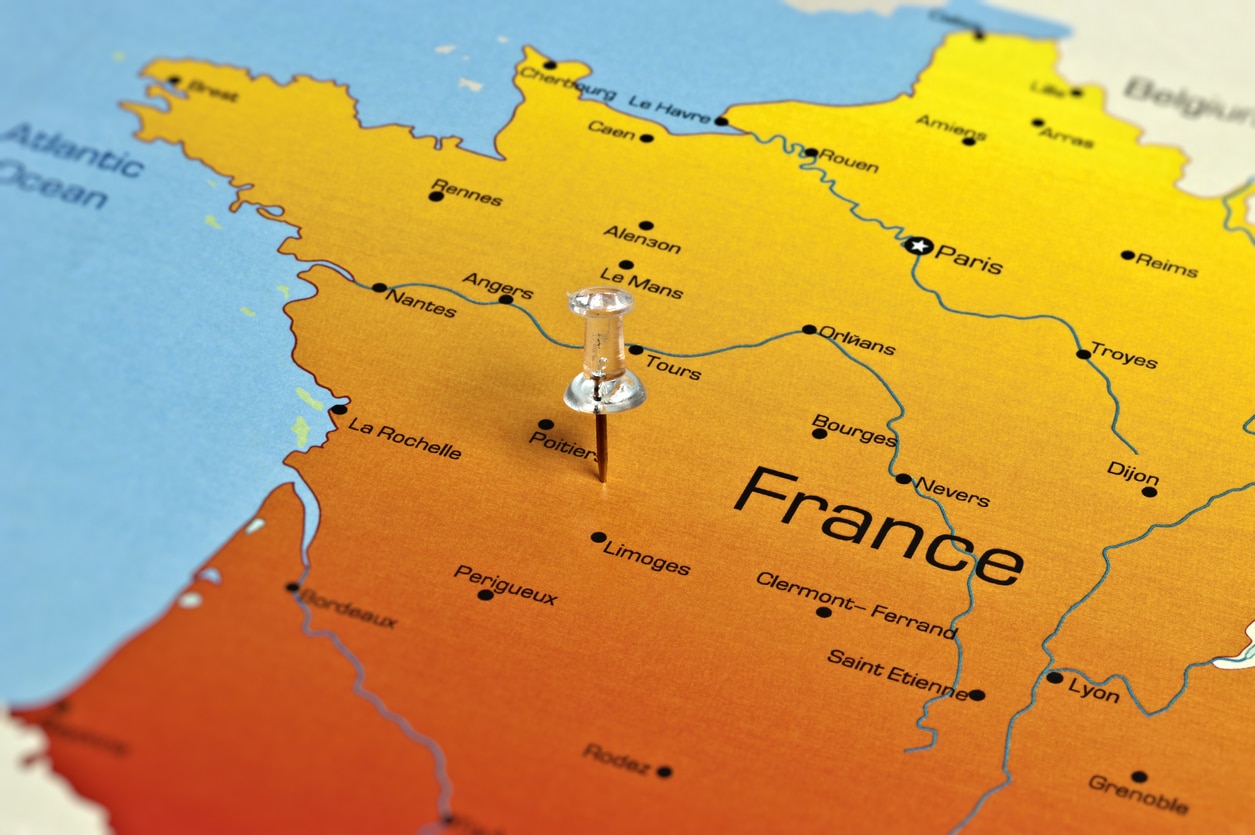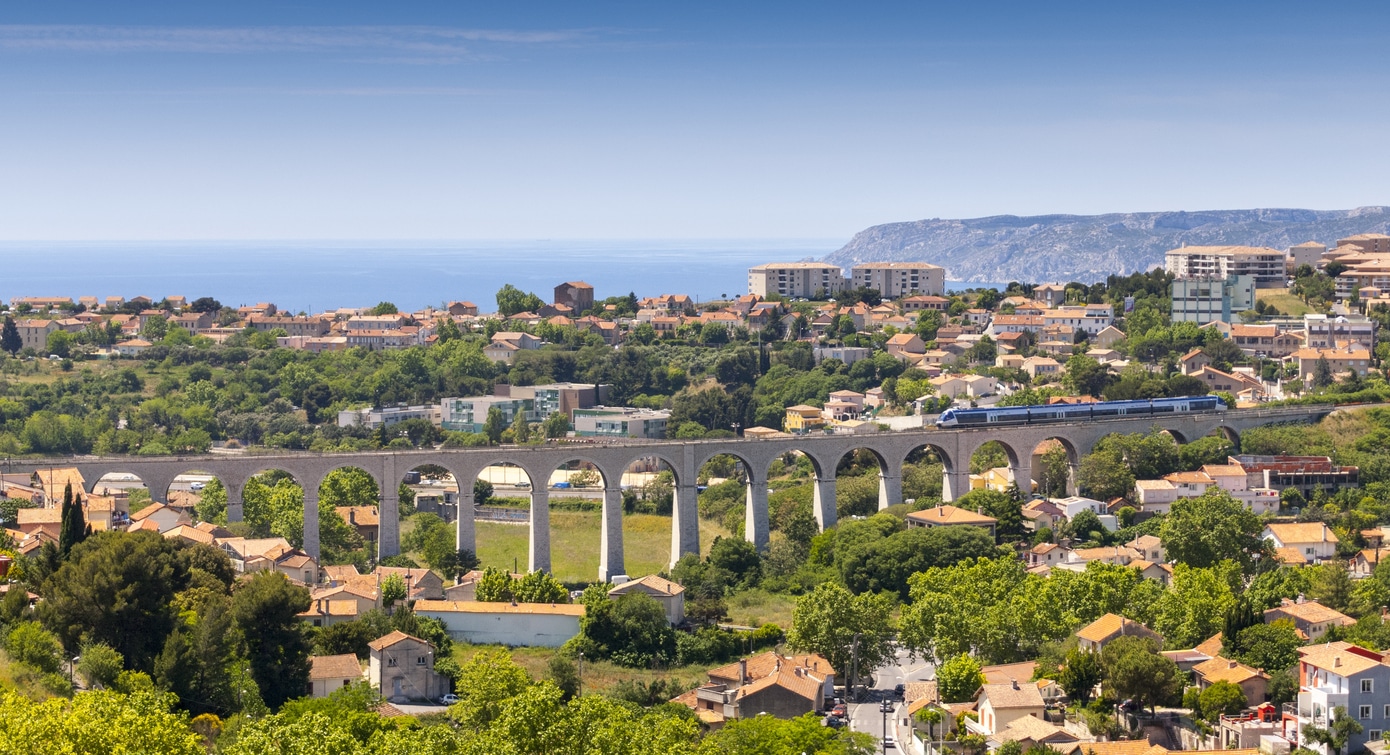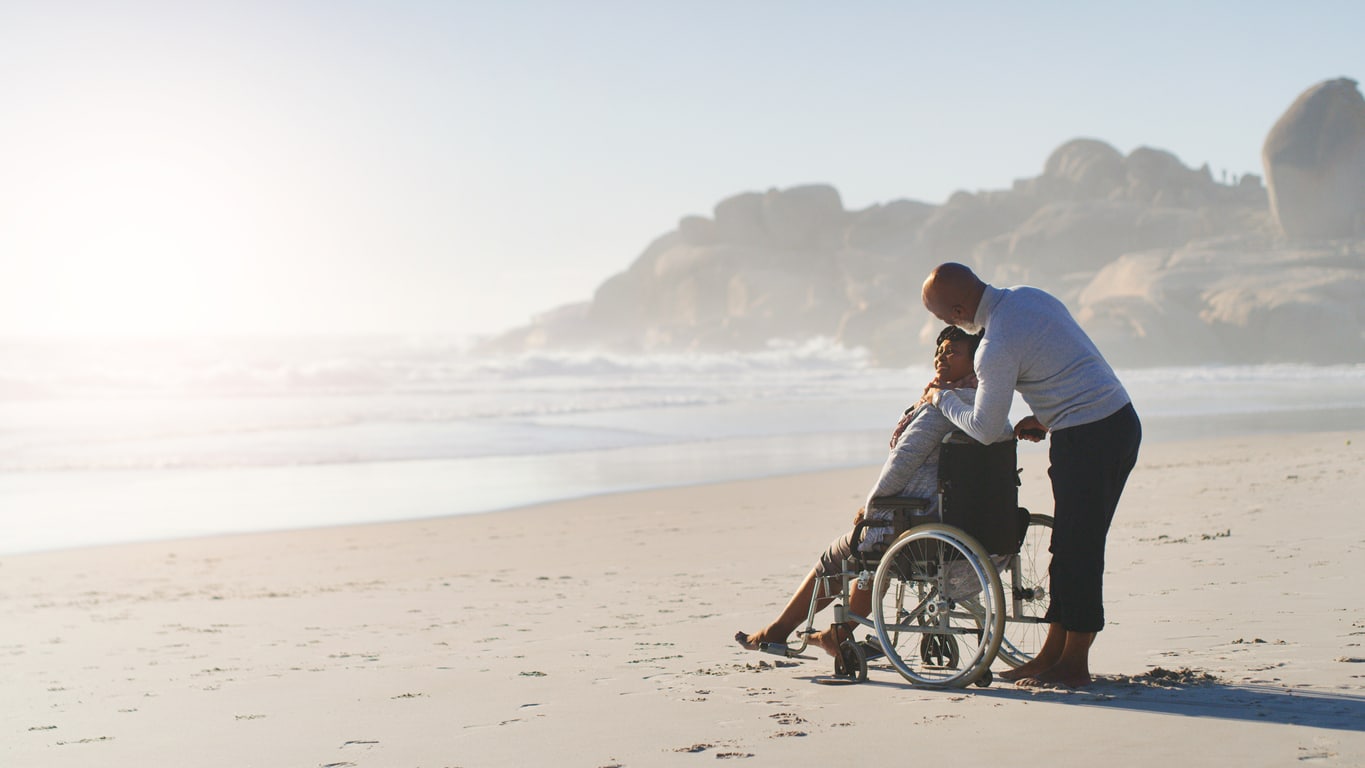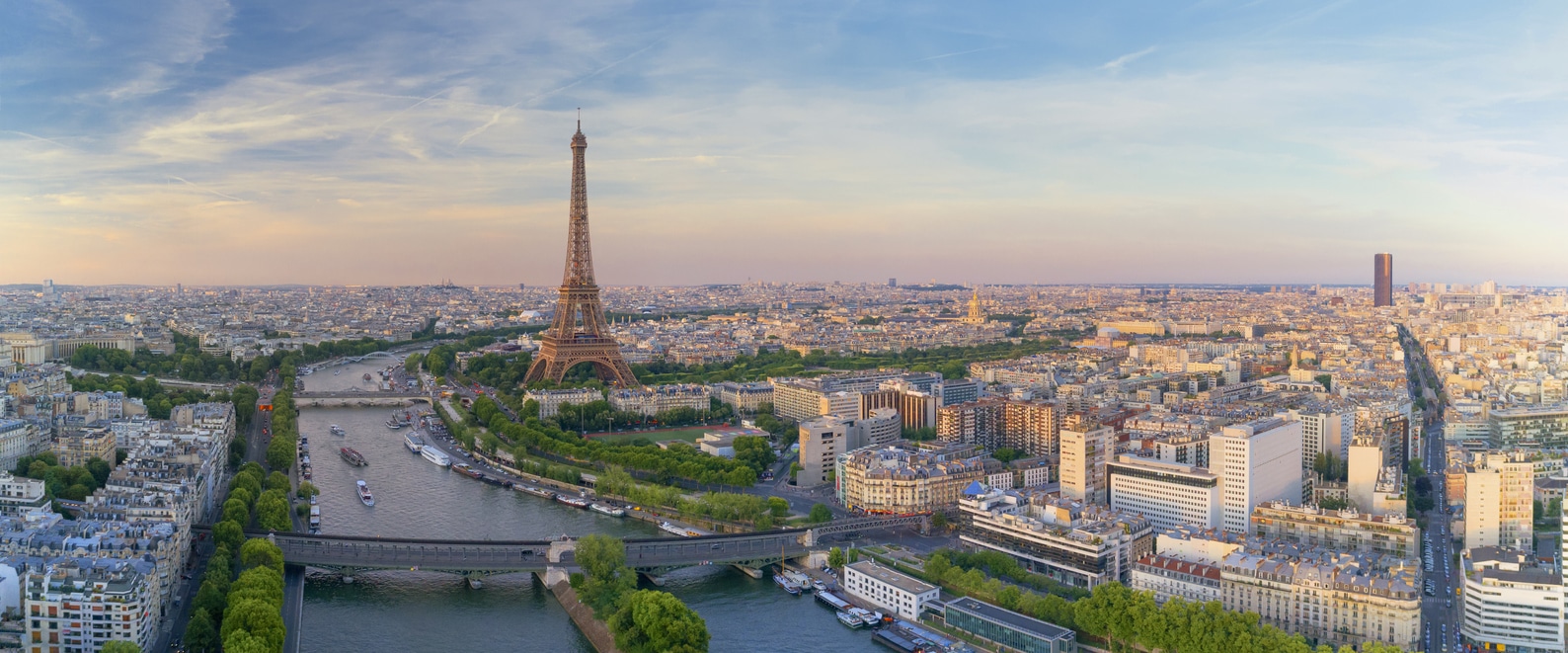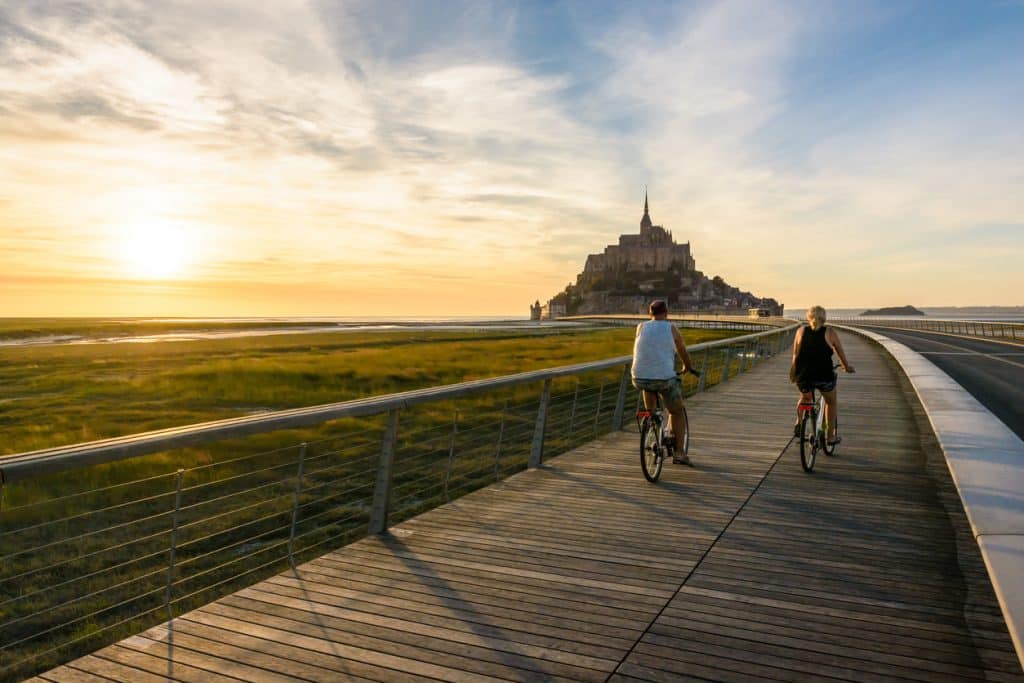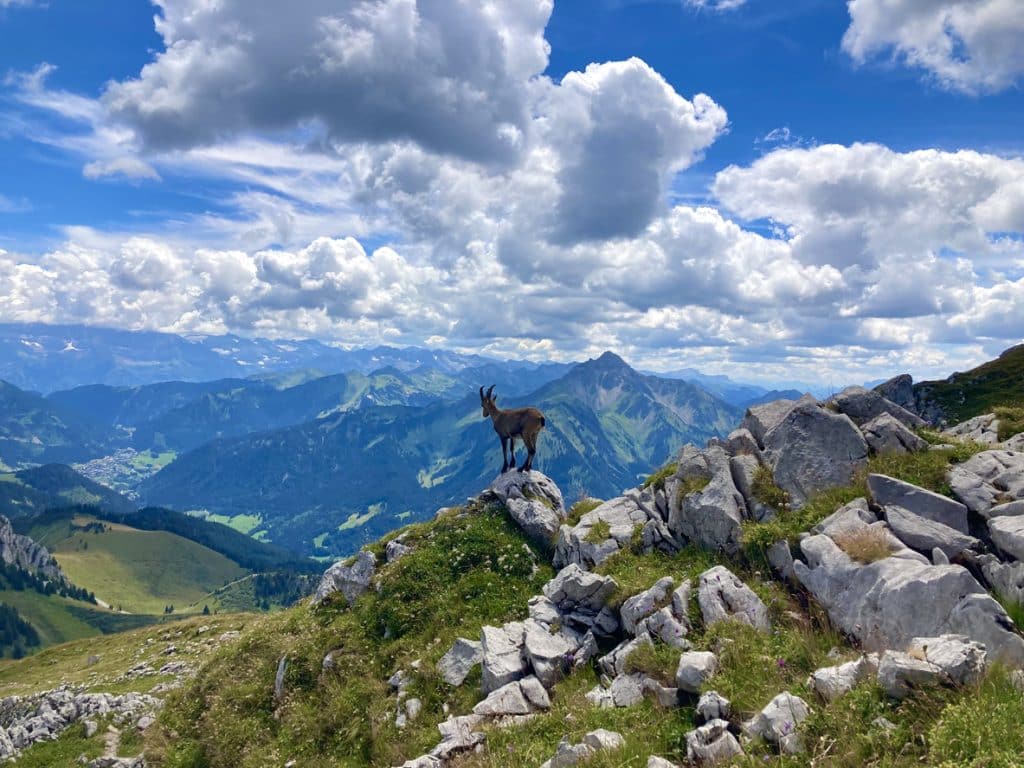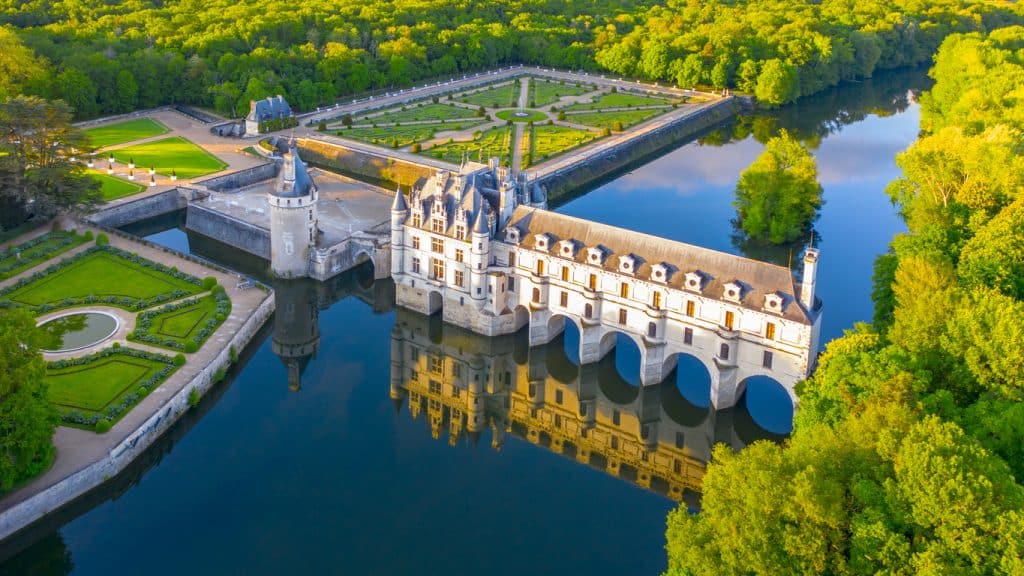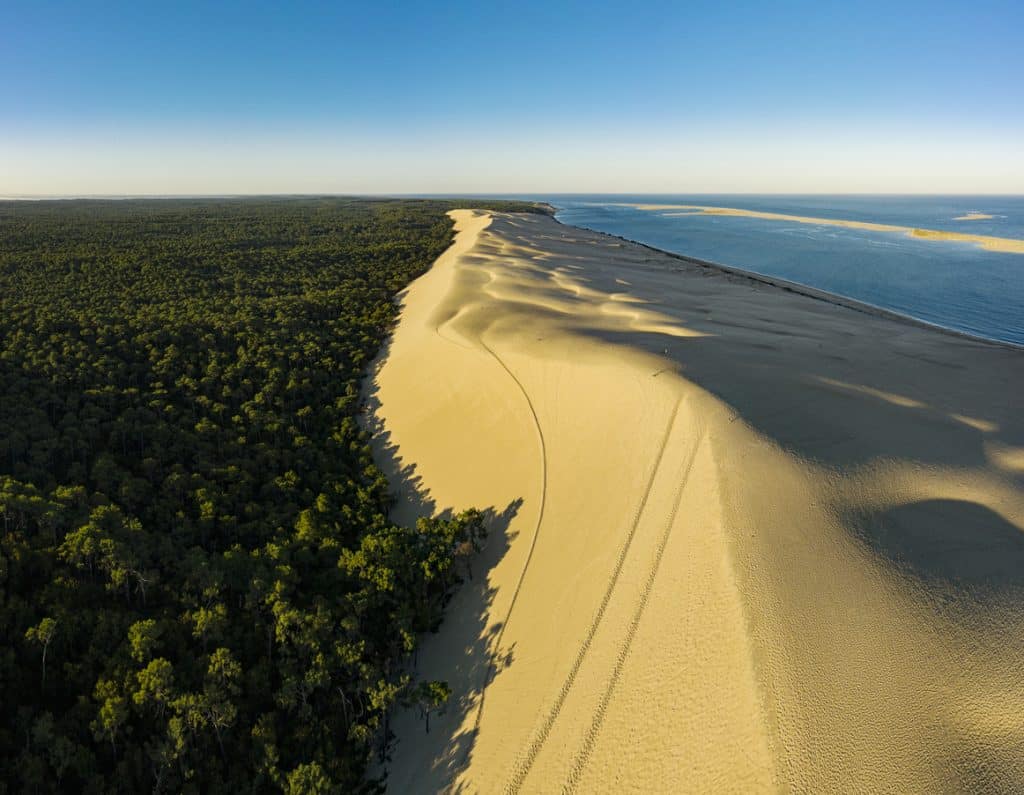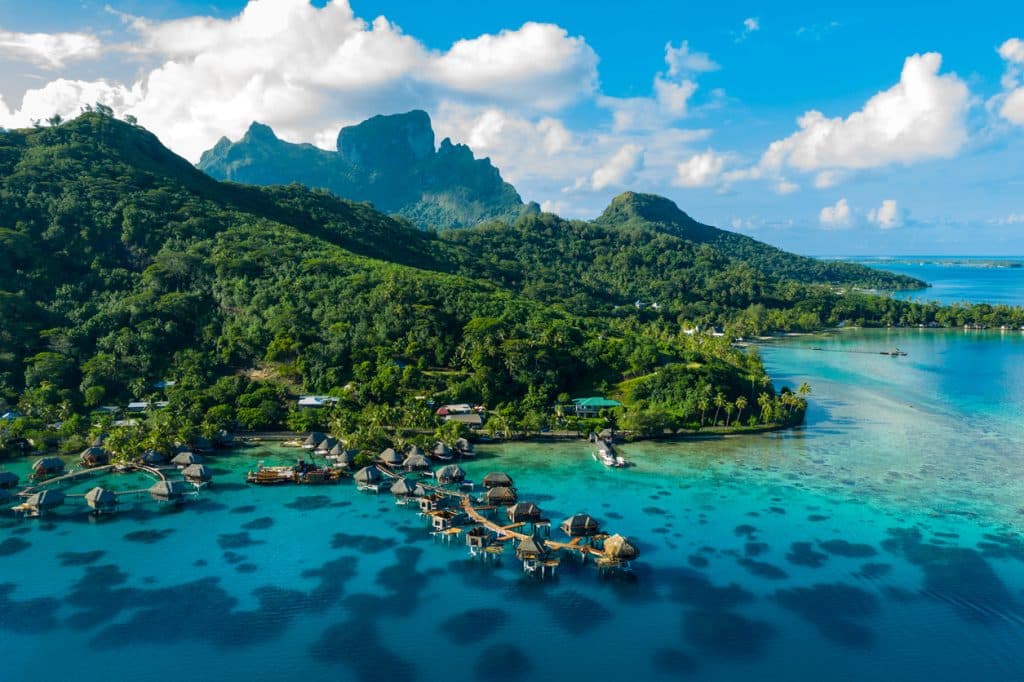Travel to France: tips and advice for making the most of your trip
When we think of a trip to France, the Eiffel Tower, the walks on Parisian cobblestones, and the Palace of Versailles immediately come to mind. But France has a lot more to offer. There are also vineyards, immense beaches at the foot of cliffs, snowy peaks like the Mont-Blanc in the Alps and much more!
France is a wealth of diversity that attracts and charms tourists from all over the world every year. Between beaches, countryside, mountains, and historical cities, France offers a wide variety of landscapes for you to explore. Whether you travel to France for cultural tourism, hiking, shopping, or other, here are some recommendations to prepare for your next trip to France!
Preparing for your trip to France
The procedures for entering Metropolitan France
Before being able to enjoy France for a well-deserved vacation, you will need to complete a few administrative formalities. So, what documents do you need to travel to France?
First and foremost, make sure you have a valid passport (or a valid identity card for European Union residents) in order to enter the country without any issues.
Who needs a visa to stay in France?
Travellers coming from the Schengen area benefit from free movement between the 27 member European states, and they can, therefore, easily travel to France. Travellers from a country outside the Schengen area must check whether or not they need to obtain a Schengen visa to enter and move freely in France. It’s important to note that this visa is only valid for short stays (90 days maximum). Currently, there are around fifty states whose nationals are exempt from short-stay visas in France. To learn about the administrative formalities to be completed to visit France, you can consult the online visa assistant “France-visa”. Depending on your situation, it will tell you whether you need a Schengen visa to enter France or not.
Depending on the country where you submit your application, the Schengen visa application must be made three or sometimes six months before your departure date. Please check the applicable delays in the country where you will submit your application. Once the file has been submitted, it takes an average of 10 to 15 days to receive a response from the consular services. This approximate time frame varies depending on the country where you make the request and the period of year. Indeed, obtaining a response just before the summer vacation (especially during next summer) could take longer than during the low season.
How much does a visa for France cost?
The price of the Schengen visa depends on the age of the applicant. For each Schengen visa applicant aged over 12 years old, the fee is 80€. For a child between 6 and 12 years old, the cost is 40€. The visa is free for children under six years old, as well as for the spouses of French nationals and family members of Union European-Schengen zone nationals and Switzerland.
In addition to the Schengen visa, what other documents are required to travel to France?
The Schengen visa is the key for eligible travellers to move freely within all the countries of the Schengen area. Still, this document will only be issued under certain conditions. Among the documents required when submitting the visa application, there is a valid travel insurance guaranteeing medical evacuation (including the repatriation of the body), health coverage up to a minimum of 30,000 euros, and civil liability. The validity period of your travel insurance must correspond to the duration of your desired stay within the Schengen area.
Once you have your travel insurance and passport, you must fill out the Cerfa form n°14076*04 and provide, in particular, a recent passport photo, proof of the purpose and conditions of your stay, a return ticket, and proof of accommodation covering the entire duration of your stay (host certificate, hotel reservation, etc.).
Note: If you will be travelling between several countries within the Schengen area, you will only need to apply for one visa. Submit your application to the consulate of the first country you will be visiting. Finally, unfortunately, your visa application may be denied, so make sure in advance that the expenses incurred for your stay, such as your tickets or your travel insurance, are cancelable and refundable.
How to ensure that you are well covered in case of illness or an accident, while visiting France?
For all nationals of the European Union (as well as those of the United Kingdom), make sure to request your European health insurance card (CEAM) before arriving in France. Although it is not mandatory, it is highly recommended to have it in case of health problems, illness or accident during your trip. Why? Simply so that part, or all, of your medical expenses are covered. Be aware that depending on the legislation and formalities in force in the country of stay, the terms of reimbursement of costs differ.
Whether you hold the CEAM or not, we recommend taking out travel insurance to cover your medical expenses and the costs of repatriation if necessary, theft or loss of your luggage during transport, and benefit from civil liability abroad. Abroad anything can happen, and after all, it is better to be safe than sorry!
What is the best season to travel to France?
There are two ideal periods to visit France: spring (from April to June) and autumn (from September to November). The weather is mild, and places are less crowded. However, since France has a temperate climate, you can explore the country during any season – each season has its own charm.
When visiting France, it is best to avoid school holidays – except when it comes to Paris in the summer! Indeed, the French capital generally empties of its residents during the months of July and August. Tourists can then enjoy a quieter capital city. However, as you may suspect, this will not be the case during the summer of 2024, when more than 15 million visitors are expected in Paris and the rest of France for the Olympic Games.
What to pack for your visit to France?
When preparing your suitcase for your trip to France, in addition to comfortable clothing for your stay (don’t forget to check the weather in advance to pack accordingly), here are some essentials you shouldn’t forget before closing your luggage:
- A travel first aid kit with a copy of your prescriptions for any ongoing treatments
- Travel insurance
- Some cash. Credit cards are accepted almost everywhere, but having some bills in your pocket is always a good idea. The currency in France is the euro
- A universal power adapter
- A photocopy/scan of your identification documents (in case of theft or loss of the originals)
- Emergency contact numbers
- Addresses of foreign embassies in France
- Knowing some basic French phrases like hello (bonjour), goodbye (au revoir), please (s’il vous plaît), thank you (merci), and bon appétit!
For the rest, only take the essentials and leave room to bring back some souvenirs from France.
A helpful tip: some travellers may be eligible for exemption from value-added tax (VAT). To take advantage of tax exemption, you must be a non-European Union country resident, at least 16 years old, and be staying in France for less than six months. This tax exemption applies to retail goods for personal use and non-commercial character with a value over €100, including VAT. For more information about tax exemption, consult the French customs directly.
France and the Olympic Games
If you are travelling to France this summer, it will be hard to overlook the Olympic Games. From Friday, July 26 to Sunday, August 11, 2024, for the Olympic Games, and from Wednesday, August 28 to Sunday, September 8, 2024, for the Paralympic Games, all the country will resonate with the rhythm of Paris 2024. While most of the Olympic events will take place in Paris, some events will occur in other major cities in France.
Followed by over half of the global population, the Olympic Games are a global event that cannot be missed. But the Olympic Games will always hold a special place in the hearts of the French… Why? Simply because it was a Frenchman, Pierre de Coubertin, who resurrected the Games at the dawn of the 20th century. Since then, many firsts have taken place in France… In 1900, during the second Olympiad held in Paris, women were allowed to participate in the competition for the first time. Out of the 997 participants, 22 were women. In 1924, alongside the Summer Olympic Games organised in Paris, the first Winter Olympic Games took place in Chamonix (French Alps).
How to get around in France?
If, on your next visit to France you decide to explore its different regions, transportation shouldn’t be an issue. Planning should be fairly simple as long as you do it some time in advance. Indeed, you have several options.
By train: The train is undoubtedly the easiest and most convenient way to travel in France. The French railroad network is highly developed throughout the country, and you will surely find a TGV (high-speed train) or TER (regional express train) that will take you to your desired destination. However, it’s important to note that not all trains are equal regarding travel time and price. A TGV will get you to your destination faster but will cost more than a TER, which takes longer but is cheaper.
By bus: Travelling within France on a budget is possible by using the French bus network. While bus journeys are usually much longer than train or car rides, the ticket prices are generally unbeatable. It is easy to travel between two major cities, but it may be more challenging to reach remote villages in the French hinterland.
By car: If you prefer the freedom to organise your road trip in France, renting a car is the best option. Foreigners can drive in France with a non-European driver’s license for a short stay as long as it is valid. However, it is strongly advised to have an official translation to facilitate understanding in case of a police control. If it’s your first trip to France, it’s also good to know that the French drive on the right side of the road.
By plane: While not the most commonly used mode of transportation for travelling within France, there are air connections between distant cities. For example, a trip between Paris and Nice is much faster by air than by train. If your planning to go from North to South, flying could be an option. However, it’s worth noting that since December 2022 and the adoption of the Climate and Resilience Law by the European Commission, domestic flights are now prohibited when a train alternative of less than 2 hours and 30 minutes is available. Therefore, it is your responsibility to establish the best itinerary according to these new provisions before arriving in France.
Travelling in France with a disability
The French government has established a state brand, “Tourisme et Handicap” (Tourism and Disabilities), to identify establishments that meet the specific needs of tourists with disabilities. The goal? To provide reliable information on the accessibility of tourist sites, taking into account the four types of disabilities: motor, intellectual, auditory, and visual. Today, nearly 4000 French establishments are labeled Tourisme et Handicap.
The French government has also established the Destination for All (DFA) brand. Arriving in a DFA-labeled territory means knowing that the infrastructures can meet the expectations of people with specific needs: people with disabilities, pregnant women, families with young children, older people, foreign tourists who do not speak the language of the country, etc. In short, it is a label that guarantees tourist accessibility and facilitates autonomy.
For even more ease in your travels, you can visit the collaborative platform “Accès Libre”, which provides a wealth of information on the (easy or not) accessibility of tourist places (museums, restaurants, shops, etc.).
Planning your itinerary: must-visit destinations in France
While several cities in France will be buzzing with the rhythm of the Olympic Games during the summer of 2024, it will be an opportunity for many travellers to go beyond the borders of Paris. While the French capital remains an essential stop, bellow you will find some travel suggestions that highlights lesser-known corners of France that are really worth a visit!
Paris
Why visit Paris? Here are just a few reasons: its historic buildings, shopping sprees, gastronomy, iconic terraces, museums, and of course, the Eiffel Tower. With its thousand faces, The City of Light shines worldwide and attracts between 30 and 35 million visitors each year. Its unique and extraordinary architecture symbolises the French art of living and will very likely seduce you.
We encourage you to be be curious and explore its streets lined up with Haussmann-style buildings, stroll along the banks of the Seine and admire the unique architecture of its bridges, taste a croissant in one of the best bakeries in the French capital, wander through Montmartre, admire the sunset from the rooftop of the Arc de Triomphe or the Buttes-Chaumont park, dare to taste escargots and other typical French cuisine, or take a boat trip on the Seine… In Paris, you will always have things to do!
Normandy
Less than 2 hours from Paris, between extensive beaches, imposing cliffs, and historical buildings, Normandy is a highly sought-after tourist destination. From the Vikings to the D-Day beaches, the region is full of archaeological sites, monuments, and museums that trace the tumultuous history of a rich and memorable region.
World-renowned through the emblematic bay of Mont-Saint-Michel, Normandy promises to amaze you. From the villages of famous painters like Giverny, intimately linked to Claude Monet, to art towns like Honfleur, Normandy is a surprising region. If you enjoy hiking or cycling, don’t hesitate to venture into the Normandy countryside to discover its typical thatched cottages, such as those in Veules-les-Roses. If you’re the romantic type, you will love horseback rides at sunset on the beaches of the Etretat cliffs!
Auvergne-Rhône-Alpes
If you stop in the cities of Lyon or Saint-Étienne, don’t hesitate to explore the Auvergne-Rhône-Alpes region a little further. While the region is mainly known for its Alpine peaks and famous ski resorts like Morzine, Avoriaz, and Courchevel, there are also some hidden gems like the city of Annecy and its lake, considered one of the purest in Europe.
Exploring the Auvergne-Rhône-Alpes region also means discovering the volcanoes of the Chaîne des Puys, visiting Clermont-Ferrand and its gothic cathedral built of lava stone, or canoeing down the Ardèche River to Vallon Pont d’Arc, a 60-meter-high natural arch listed as a UNESCO World Heritage site. A paradise for hikers, its trails offer views of lakes, mountains, and volcanoes. The region will charm all adventurers!
Provence-Alpes-Côte d’Azur
If you’re passing through Nice or Marseille, welcome to the sunniest region of France! Known worldwide for the city of Saint-Tropez or the red carpet of Cannes, the Provence-Alpes-Côte d’Azur region offers astonishing landscapes between sea and mountains.
From the must-visit seaside resorts of the French Riviera to the UNESCO World Heritage-listed historical sites like the city of Avignon or the ancient theatre of Arles, the Provence-Alpes-Côte d’Azur region is full of hidden treasures. If you love warmth, sunshine, rugged coastlines, lavender fields, or the rugged beauty of gorges, don’t hesitate to explore the far reaches of the French Riviera.
The Loire Valley
A highly historic region, as it holds some of the greatest secrets in the history of France, the Loire Valley is a region that can be explored by car or by bicycle along the Loire à Vélo cycling route.
So if you are passing through Nantes, take the opportunity to be impressed by some of the most beautiful French châteaux inspired by the Italian Renaissance: Chambord, Blois, Chenonceau, Amboise, Cheverny, and others. We promise you won’t be disappointed. Prefer animals? Then a visit to the Beauval Zoo, the largest zoo in France, is a must. It is the only place in France where you can see panda bears!
Nouvelle-Aquitaine
If you decide to visit Bordeaux, city of wine and gastronomy, you can rent a car to drive around the Arcachon Basin, and climb the Dune of Pilat. The largest dune in Europe! It offers a spectacular view of the Cap Ferret lighthouse, the Banc d’Arguin, and a vast pine forest.
If you aren’t afraid of driving or taking the train, Nouvelle-Aquitaine is full of vast beaches where you can try surfing, especially in Biarritz, Hossegor, or Lacanau. In short, with its Charente Islands, historical cities like La Rochelle and Pau, and white sandy beaches, the southwest of France will please all travellers looking for fresh air.
French Polynesia
If you are passionate about surfing and not afraid to travel (very) long distances, go to French Polynesia. Teahupo’o, south of the island of Tahiti, is home of one of the most beautiful (and most dangerous) waves in the world. However, be aware that while French Polynesia is part of the French territory, entry requirements differ from those of Metropolitan France. Make sure to check the entry conditions that apply to your situation before travelling.
If you prefer exploring the depths of the Pacific rather than surfing its waves, head to the Tuamotu Archipelago, where you can find no less than 400 different species of fish. Prefer lounging in the sun? In that case, the island of Bora Bora is made for you. The “Pearl of the Pacific” will leave you in awe with its overwater bungalows and paradise-like beaches. Have you always dreamt of seeing a whale with your own eyes? Head to Rurutu Island, where humpback whales give birth to their babies from July to November. For sporty travellers, put on your hiking shoes and climb the mountains of the high islands of French Polynesia like Raiatea, Maupiti, or Moorea: the summits offer panoramic views you will remember.
As you can see, beyond Paris, France has many surprises in store for you, which are all destinations to add to your bucket list. Whether you enjoy cultural and historical visits, vast natural landscapes, mountain hiking, beach vacations, or even shopping trips, we’re willing to bet that your trip to France will meet all your expectations and leave you with an unforgettable memory.

